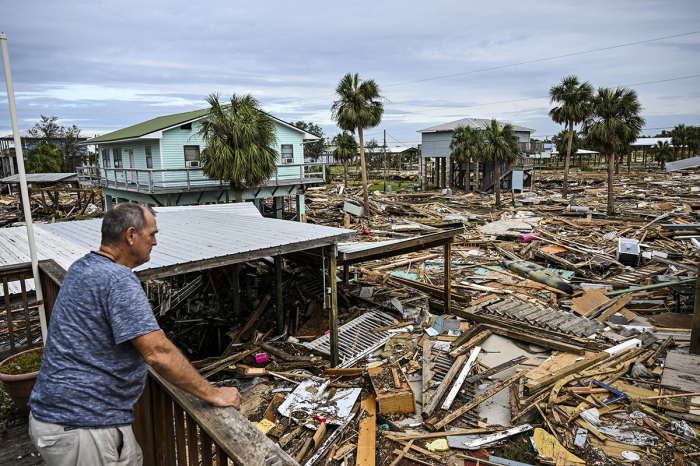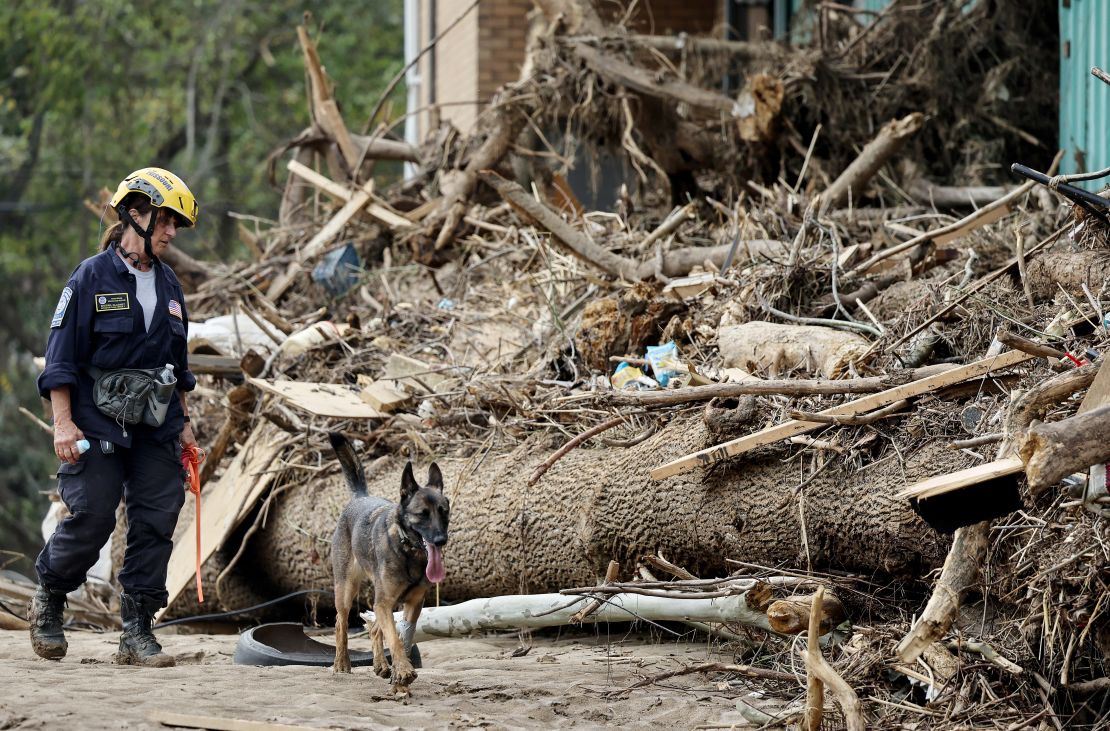FEMA Denies Aid to Storm-Damaged Kentucky Counties as Trump Administration Cuts Support
In a significant blow to recovery efforts, FEMA has denied disaster assistance grants to three Kentucky counties ravaged by severe storms, asserting that the damage was insufficient to warrant federal aid. This decision, communicated in a letter to Governor Andy Beshear on Tuesday, marks the latest instance of the agency curtailing support amid the Trump administration"s broader strategy to shift disaster recovery responsibilities onto state governments.
Background & Context
The recent storms in Kentucky have left communities grappling with extensive damage, yet FEMA"s refusal to provide financial assistance has ignited outrage among local officials and residents alike. The affected counties, which have experienced devastating flooding and destruction, were hoping for federal relief to help rebuild homes and infrastructure. Instead, FEMA"s assessment concluded that the impact did not meet the threshold for federal assistance, a stance that many view as indicative of the agency"s evolving mission under the current administration.
This denial follows a similar rejection of disaster aid in Maryland, where near-record flooding in May caused approximately $16 million in damages. FEMA"s decisions reflect a broader trend of limiting federal disaster funding, a move that aligns with President Trump"s stated desire to "wean off" federal disaster assistance and encourage state-level solutions. As previously reported, this shift signifies a pivotal change in how the federal government approaches disaster recovery, raising concerns about the adequacy of state resources to handle such crises.
Key Developments
In the communication to Governor Beshear, FEMA officials cited specific criteria for disaster assistance eligibility, emphasizing that the damage assessments did not meet the necessary thresholds. This rationale has sparked considerable debate, with local leaders arguing that the agency"s metrics fail to account for the long-term effects of such disasters on communities. “This decision is disappointing and does not reflect the reality on the ground,” Governor Beshear stated, underscoring the urgent need for support in the wake of the storms.
The Trump administration"s approach to disaster recovery has been a point of contention since the president"s earlier remarks advocating for reduced federal funding. In a June address from the Oval Office, Trump stated, “We want to bring it back to the state level,” indicating a clear pivot in policy that critics argue jeopardizes the safety and recovery of vulnerable communities. As states grapple with their own budget constraints, the implications of this strategy continue to unfold.
\n\n
Image for FEMA Denies Aid to Storm-Damaged Kentucky Counties as Trump Administration Cuts Support
Broader Impact
The implications of FEMA"s denials extend beyond Kentucky, highlighting a growing trend in federal disaster policy that prioritizes state autonomy over federal intervention. Experts warn that this shift could have dire consequences for communities struggling to recover from natural disasters, particularly those in economically disadvantaged areas. The reliance on state resources may not be feasible for many regions, leading to prolonged recovery times and worsening conditions for affected populations.
Additionally, the ongoing cuts to FEMA funding raise questions about the agency"s capacity to respond effectively to future disasters. Critics argue that scaling back federal support undermines the foundational purpose of FEMA and could lead to a fragmented disaster response system. As seen in similar situations across the country, the lack of federal assistance can exacerbate the struggles of communities already facing significant challenges in the aftermath of disasters.
What"s Next
Looking ahead, local officials in Kentucky are mobilizing to appeal FEMA"s decision, seeking to demonstrate the extent of the damage and the pressing need for federal assistance. The outcome of this appeal could set a precedent for how future disaster relief requests are handled by the agency, potentially influencing the recovery efforts in other states facing similar challenges.
Meanwhile, as the administration continues to implement its strategy of reducing federal disaster funding, state governments must prepare for an increased burden in managing recovery efforts. This evolving landscape of disaster response will require innovative solutions and robust planning to ensure that communities can effectively recover from the impacts of natural disasters. With the stakes higher than ever, the actions taken in the coming weeks will be crucial for the future of disaster recovery in the United States.

Image for FEMA Denies Aid to Storm-Damaged Kentucky Counties as Trump Administration Cuts Support



![[Video] Gunfire between Iraqi security forces and Sadr militias in Baghdad](/_next/image?url=%2Fapi%2Fimage%2Fthumbnails%2Fthumbnail-1768343508874-4redb-thumbnail.jpg&w=3840&q=75)
